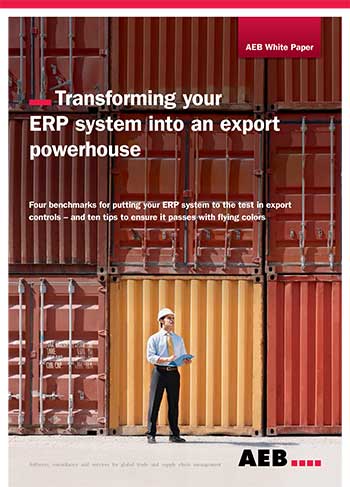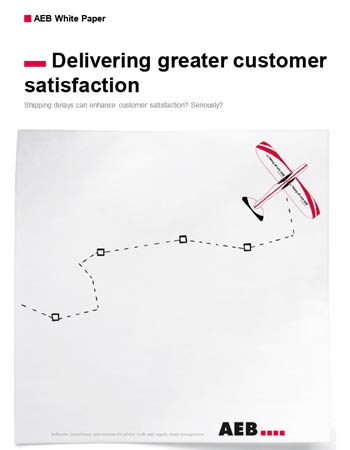Are you a Supply Chain Orchestrator?


Supply Chain Orchestration is the coordination of all key activities across the supply chain. It involves all of the processes in the ‘order to cash’ conversion cycle; from the processing of the sales order, requisition and delivery of stock, warehousing and storage, picking and despatch, through to the delivery of goods and subsequent cash collection.
Read this article to discover how to become a supply chain orchestrator.
Key Objectives of Supply Chain Orchestration
The key objective is to maximise the return on resources and assets while optimising order throughput and speed of delivery and minimising wastage and the cost of error.
Typically this involves improving and integrating key processes into a seamless flow of accurate information, allowing tasks to be better enabled, processes to be monitored and change controls easily executed across the following procedures:
- Demand planning
- Sales order flow
- Efficiency of resource planning
- Warehouse throughput
- Inventory control
- Vehicle usage and costs
- Delivery efficiency
- Invoicing and cash collection cycle
- Compliance with regulation and
- Adherence to Corporate Governance requirements
Who are the Orchestrators?
A supply chain orchestrator could be anyone who improves or changes the process, from the shop floor employee or supervisor, who rectifies simple shortcomings (e.g. by immediately reporting a fault, or organising a team communications meeting etc.) to a board room executive.
Typically though it is someone who has enough power to influence all aspects of the supply chain, i.e. brand owners, technology innovators and influential logisticians.
Orchestration is usually an executive led team task, championed by an individual who can coordinate a team drawn from all levels of the operation, as it often involves detailed operational knowledge and ‘outside the box thinking’.
Orchestrators not only rely on information drawn from their own experience but also from creative and innovative technology suppliers, who draw from their experience of implementing change across a variety (hundreds) of deployments. Consultants too can provide independent advice, offer objective opinion, and are particular useful if internal resource is limited.
Selecting the Appropriate Technology
Orchestrators will seek out technologies that are:
- Sustainable – how well the supplier provides high quality products over time.
- Highly Functional – how well the product fulfils current and potential future requirements without deploying add-ons or customisation.
- Upgradeable – how capable the supplier is to fix bugs.
- Future-Proof – how well the system aligns with new technologies over time.
Consequences of Poor Supplier Selection
Selecting the wrong supplier causes IT to become too costly or inefficient and can decay competitive performance. Adopting a platform that does not adapt to new technologies demotes the organisations’ capability to compete.
New platforms that have long implementation cycles not only increases costs but also limit’s revenue earning opportunities during the cycle. Selecting the wrong supplier seriously affects profitability and therefore the rate of corporate growth.
Want more like this?
Want more like this?
Insight delivered to your inbox
Keep up to date with our free email. Hand picked whitepapers and posts from our blog, as well as exclusive videos and webinar invitations keep our Users one step ahead.
By clicking 'SIGN UP', you agree to our Terms of Use and Privacy Policy


By clicking 'SIGN UP', you agree to our Terms of Use and Privacy Policy
Other content you may be interested in
Categories

Want more like this?


Want more like this?
Insight delivered to your inbox
Keep up to date with our free email. Hand picked whitepapers and posts from our blog, as well as exclusive videos and webinar invitations keep our Users one step ahead.
By clicking 'SIGN UP', you agree to our Terms of Use and Privacy Policy









